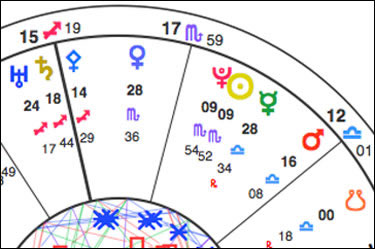Ah, I love crazy religious mail (click image for larger version): Any guesses as to what a metaphysicotheologicocosmogynaecologist does? My first guess would be “annoys people with insane supernatural spam,” but the “gynaecologist” part is throwing me off. I’m not sure I want to know.
Any guesses as to what a metaphysicotheologicocosmogynaecologist does? My first guess would be “annoys people with insane supernatural spam,” but the “gynaecologist” part is throwing me off. I’m not sure I want to know.
(Thanks, Jeff!)

